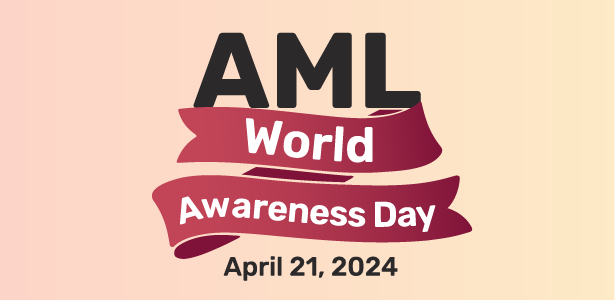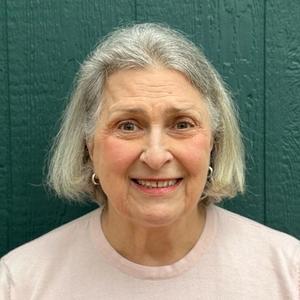
The Know AML website uses a third-party service provided by Google that dynamically translates web content. Translations are machine generated, so may not be an exact or complete translation, and Know AML cannot guarantee the accuracy of translated content. Know AML and its employees will not be liable for any direct, indirect, or consequential damages (even if foreseeable) resulting from use of the Google Translate feature. For further support with Google Translate, visit Google Translate Help.

Dorcas' Story
Caregiver
April 23, 2024
Dorcas Hills is the wife of Know AML chair, Ralph Hills. Dorcas grew up in a small rural Pennsylvania town, her father was the local doctor, and her mother, a nurse, was his assistant. Dorcas shares her experience of her husband being diagnosed with acute myeloid leukemia in 2014.
In the 1950s, patients would often come to the doctor’s home outside office hours if they had an emergency. My parents were passionate about their work and compassionate towards their patients. Some of this must have worn off on me. My acute myeloid leukemia caregiver story started on December 14, 2014, when my husband Ralph was given a diagnosis of acute myeloid leukemia. We started our journey of uncertainty, navigating our path during a time of limited acute myeloid leukemia information and very few successful treatments. We were given the option of enrolling in a clinical trial, which, compared to the limited standard-of-care treatments available at the time, seemed preferable. Then, we fought through a year of the effects of acute myeloid leukemia and treatment. It became a full-time effort for us both, as normal life passed by mostly unnoticed. What a learning curve this has been. I have always been there for my husband, ensuring he has the rest and good nutrition needed during and after his treatments. For several years, I have supported Know AML by recording videos and helping to develop content for AML World Awareness Day, which is focusing on supporting caregivers in 2024. Caregivers often get back even more than they give.